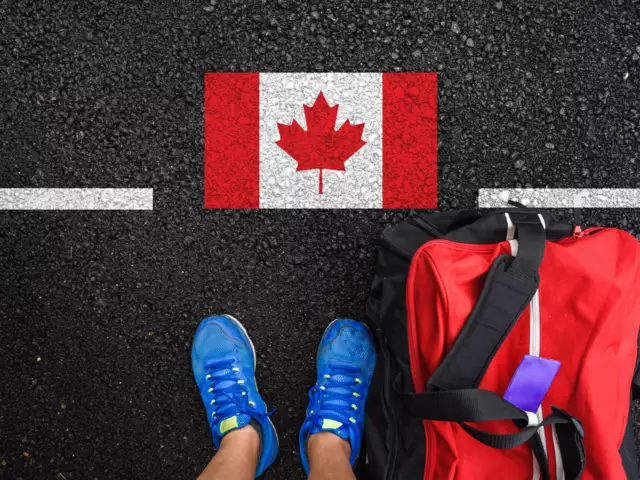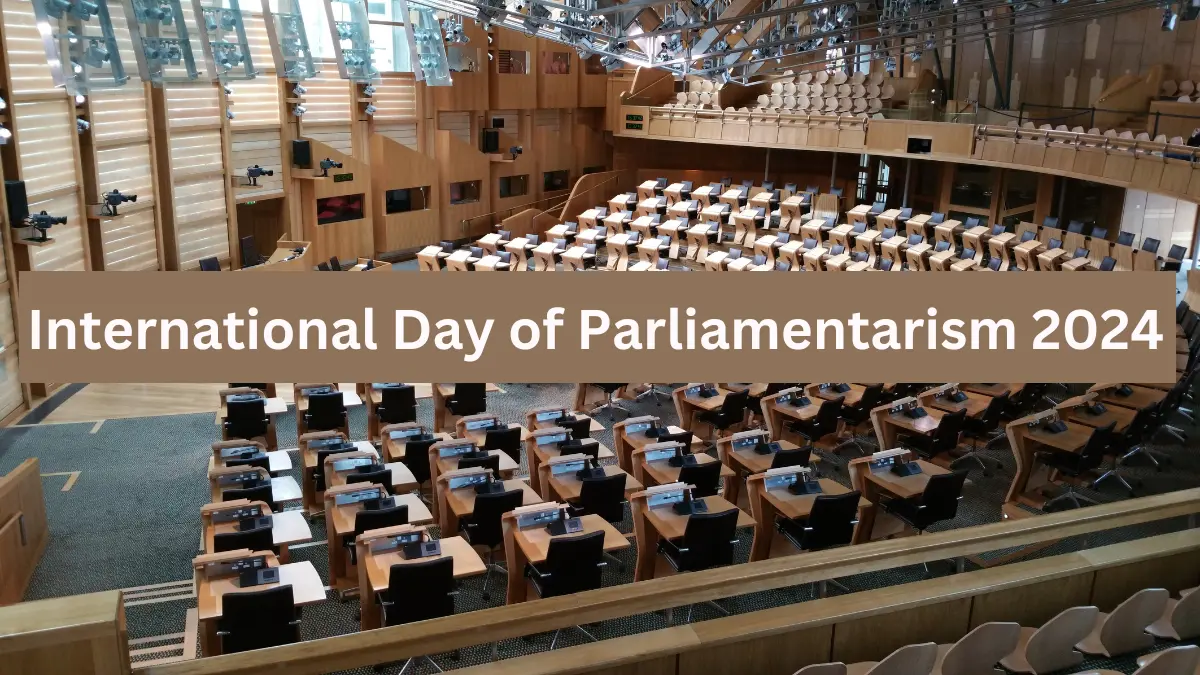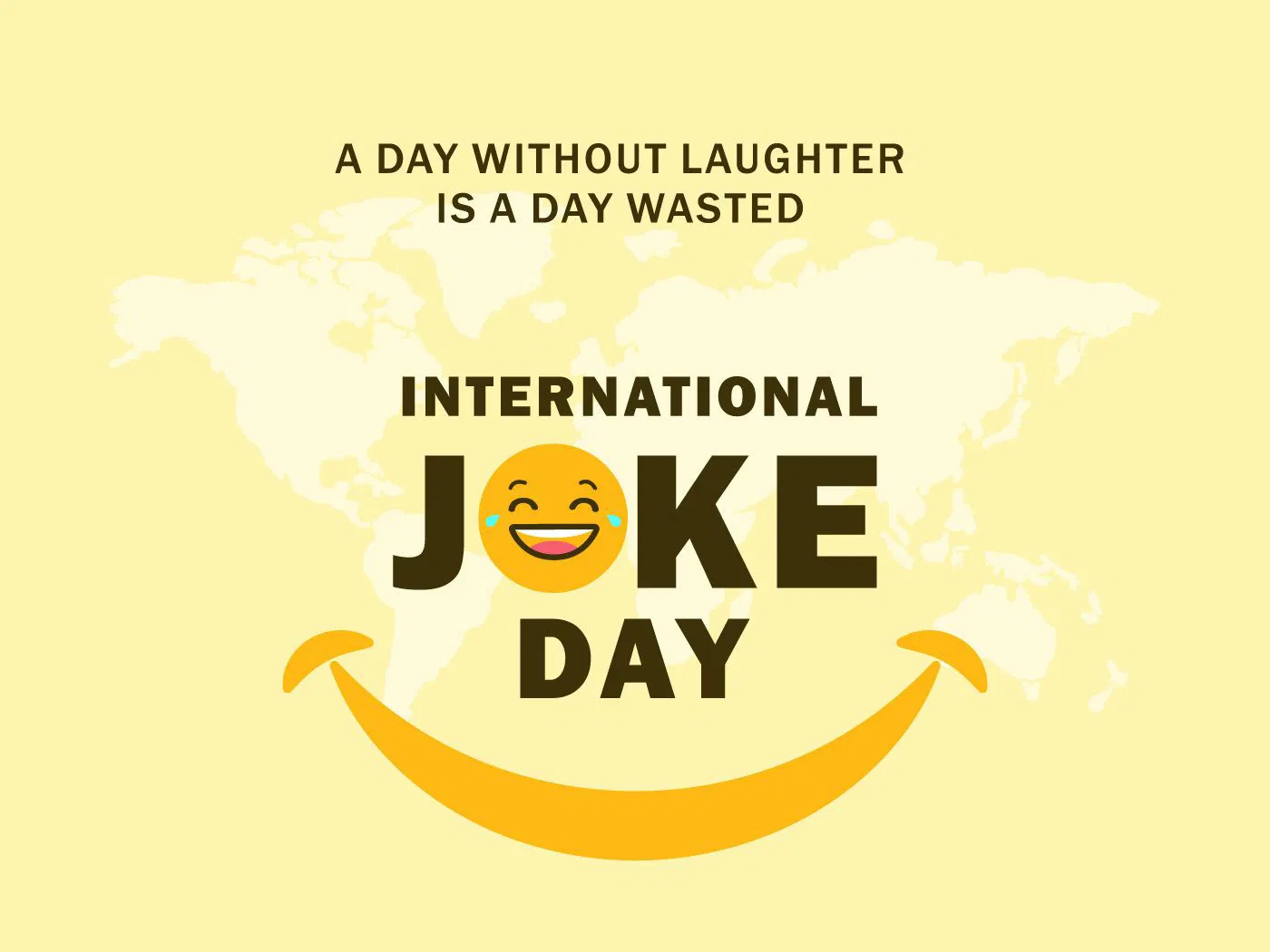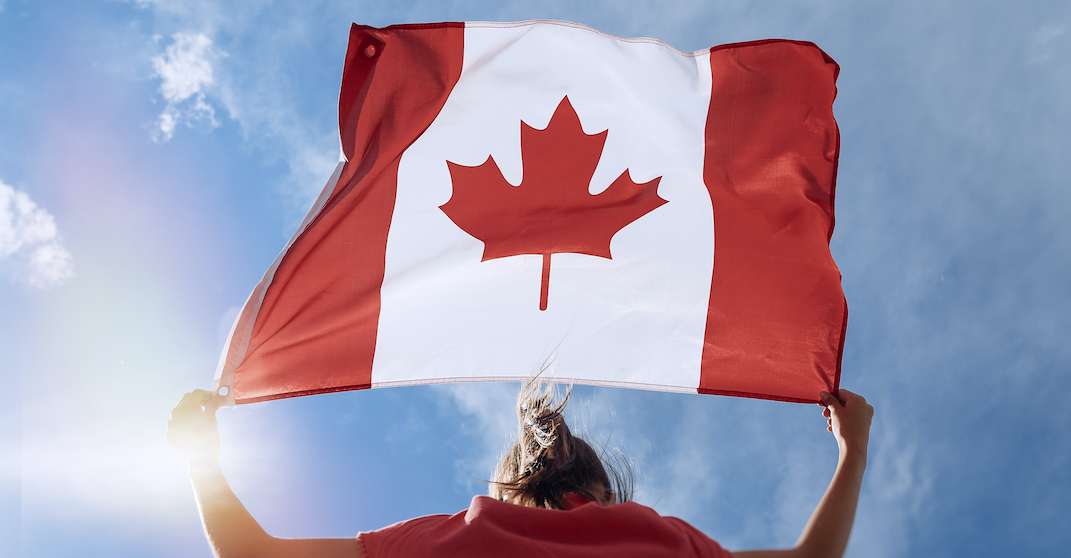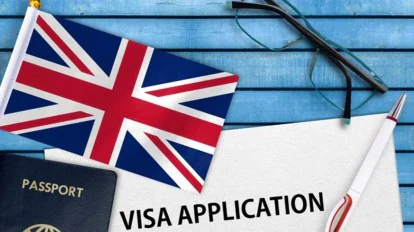Canada Day, celebrated on July 1st each year, marks the anniversary of the confederation of Canada in 1867. It commemorates the unification of the three colonies—New Brunswick, Nova Scotia, and the Province of Canada—into a single country within the British Empire, known today as Canada.
Historical Significance
The confederation was a pivotal moment in Canadian history, laying the foundation for the nation’s governance, legal framework, and cultural identity. Over the years, Canada Day has evolved into a day of national pride, reflecting the country’s growth, diversity, and achievements.
Celebrations Across the Nation
From coast to coast, Canada Day is celebrated with a myriad of activities:
- Fireworks Displays: Iconic cities like Ottawa, Toronto, Vancouver, and Montreal host spectacular fireworks shows that light up the night sky.
- Parades and Festivals: Communities organize parades featuring colorful floats, marching bands, and performers that showcase Canadian culture and heritage.
- Concerts and Live Music: Outdoor concerts featuring popular Canadian artists and musicians are a staple, offering entertainment for all ages.
- Family Gatherings and Picnics: Many Canadians enjoy the day with family and friends, partaking in picnics, barbecues, and outdoor activities in parks and public spaces.
- Cultural Exhibitions: Museums and cultural centers often host special exhibitions and events highlighting Canada’s history, art, and multiculturalism.
Symbolism and National Pride
The day serves as a reminder of Canada’s journey towards becoming a progressive and inclusive nation. It emphasizes values such as diversity, peace, and respect for individual freedoms, fostering a sense of belonging and national pride among Canadians.

